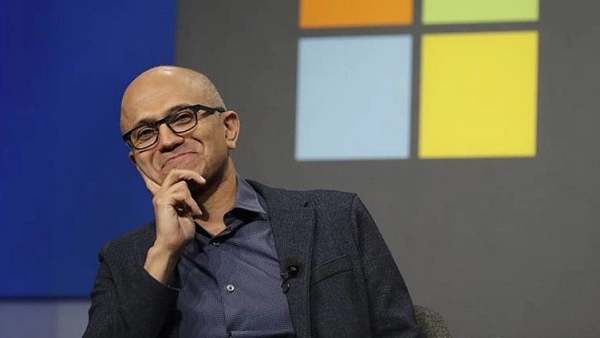
Microsoft CEO Satya Nadella drew a direct parallel to Digital Equipment Corporation (DEC), the once-dominant minicomputer maker that crumbled in the 1990s after failing to pivot to emerging architectures like Reduced Instruction Set Computing (RISC).
In a candid exchange during an employee town hall last week, Microsoft CEO Satya Nadella voiced a stark warning about the company's vulnerability in the face of artificial intelligence advancements, admitting that core pillars of Microsoft's empire could soon become obsolete. "Some of the biggest businesses we've built might not be as relevant going forward," Nadella told the internal audience, according to reporting from The Verge. His remarks came amid broader discussions on Microsoft's evolving corporate culture, where he openly grappled with the specter of technological disruption.
Nadella drew a direct parallel to Digital Equipment Corporation (DEC), the once-dominant minicomputer maker that crumbled in the 1990s after failing to pivot to emerging architectures like Reduced Instruction Set Computing (RISC). "Our industry is full of case studies of companies that were great once, that just disappeared. I’m haunted by one particular one called DEC," Nadella said, reflecting on his own early fascination with the firm—his first computer was a DEC VAX, and he once dreamed of working there. He noted the irony that some key contributors to Microsoft's Windows NT operating system hailed from a shuttered DEC lab, underscoring how talent from fallen giants can fuel successors. The executive's comments highlighted his preoccupation with ensuring Microsoft avoids a similar fate, emphasising the need for relentless adaptation to attract and retain top engineers in an AI-driven market.
The town hall exchange was prompted by a pointed question from a UK-based employee, who described Microsoft's atmosphere as "markedly different, colder, more rigid, and lacking in the empathy we have come to value." Nadella did not shy away from the critique. In a separate internal audio obtained by CNBC, he responded directly, "I deeply appreciate that, the question and the sentiment behind it. I take it as feedback for me and everyone in the leadership team, because at the end of the day, I think we can do better, and we will do better." He framed the feedback as a call to action for leadership, including himself, to restore trust amid recent policy shifts and workforce reductions.
Nadella's admissions come at a pivotal moment for Microsoft, which has poured resources into AI infrastructure while navigating internal strains. The company recently mandated a partial return to in-office work, drawing mixed reactions from employees concerned about lost autonomy and mentorship opportunities in remote settings. HR chief Amy Coleman, speaking in the same session, acknowledged data showing Seattle-area staff averaging 2.4 office days per week but stressed the policy's intent to foster collaboration.
These cultural tensions unfold against a backdrop of aggressive cost controls. In 2025 alone, Microsoft has eliminated over 15,000 positions globally, part of a broader strategy to fund an $80 billion investment in AI capabilities. The cuts, spanning engineering, legal, and product teams, mark the company's most systematic workforce restructuring in years, even as revenue hits record highs and its stock surpassed $500 per share for the first time in July. Nadella has described the decisions as "among the most difficult we have to make," citing the "uncertainty and seeming incongruence" of slashing jobs while ramping up AI spending.
-
UK university with 'Halal certified menu' sparks huge debate

-
US warned Hurricane Gabrielle is 'danger to life' as UK braced for strong winds

-
US warned Hurricane Gabrielle is 'danger to life' as UK braced for strong winds

-
Emmerdale family torn apart as Robert Sugden caught 'cheating' with mystery man

-
IBPS CRP RRB 2025: IBPS has extended the last date for application, fill the form by this date..
